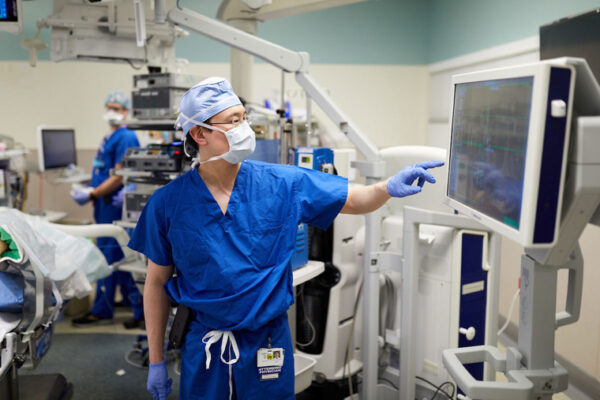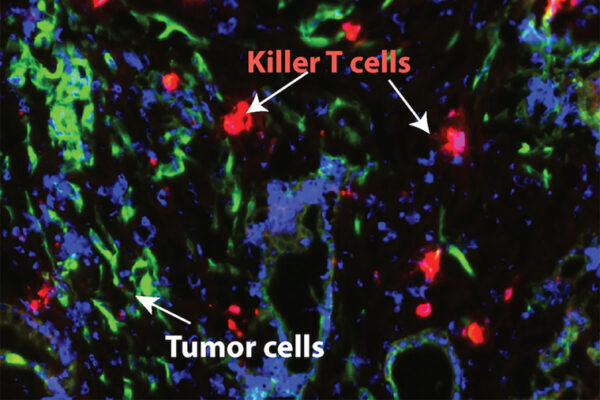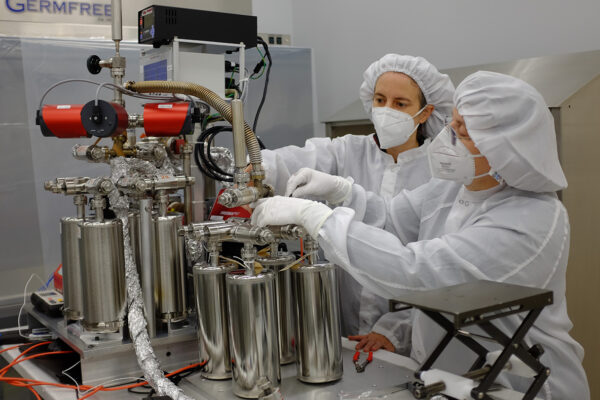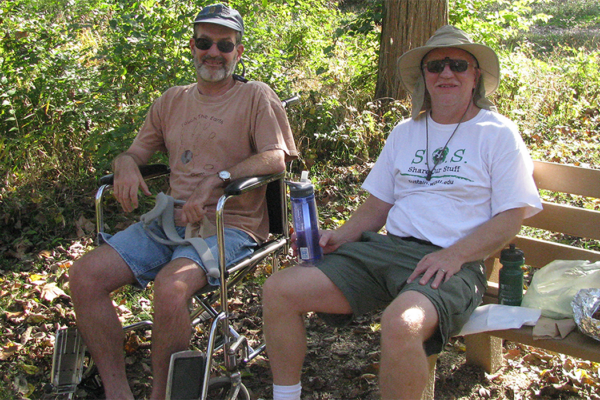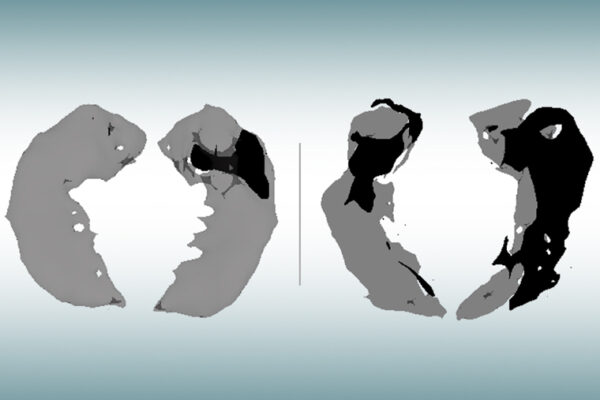Franklin appointed assistant vice chancellor for environmental health and safety
Lance Franklin, assistant vice president for environmental health and safety services at Virginia Tech, has been appointed assistant vice chancellor for environmental health and safety at Washington University in St. Louis, effective March 7, announced Shantay Bolton, executive vice chancellor for administration and chief administrative officer.
Juvenile justice: ‘We are coming up short’
Analyzing data from thousands of young people, Joshua Jackson in Arts & Sciences finds the juvenile justice system is not rehabilitating kids.
Kim named inaugural Danforth WashU Physician-Scientist Scholar
Albert H. Kim, MD, PhD, a professor of neurosurgery, has been named the inaugural William H. Danforth Washington University Physician Scholar. The School of Medicine’s new Physician-Scientist Investigators Initiative aims to attract the most talented physician-scientists.
Novel treatment makes pancreatic cancer susceptible to immunotherapy, mouse study shows
New research from Washington University School of Medicine shows that blocking a major inflammatory pathway in pancreatic cancer makes the tumors sensitive to chemotherapy and a type of immunotherapy that helps the immune system’s T cells to attack cancer cells.
Dirks to assume leadership of Bauer Leadership Center, become senior adviser to the chancellor
Kurt T. Dirks, vice chancellor for international affairs and director of the McDonnell International Scholars Academy at Washington University in St. Louis, has been appointed director of the George and Carol Bauer Leadership Center and senior adviser to the chancellor for leadership, effective July 1.
Recovering gases from Moon rocks
Led by physicist Alex Meshik in Arts & Sciences, Washington University scientists designed and built the device that NASA is using to extract gases from a lunar sample from the Apollo 17 mission.
Understanding the financial sanctions against Russia
The unprecedented scale and unanimity of the sanctions imposed on Russia have crippled its economy and represent a new form of economic warfare, according to Mark P. Taylor, dean of Olin Business School at Washington University.
Washington University contributed $2.9B to local economy in fiscal 2021, led fight against COVID-19
The university’s Office of Government & Community Relations reports that Washington University directly contributed $2.9 billion to the St. Louis economy in the 2021 fiscal year, an increase of $200 million from 2019.
Honoring a dying wish
Mike Yochim spent his final months writing a book about the effects of climate change on national parks. Bill Lowry, professor emeritus of political science in Arts & Sciences, ensured his friend’s final words would be heard.
Damage early in Alzheimer’s disease ID’d via novel MRI approach
New research from Washington University School of Medicine shows that this novel MRI approach can identify brain cell damage in people at early stages of Alzheimer’s, before tissue shrinkage is visible on traditional MRI scans.
View More Stories


